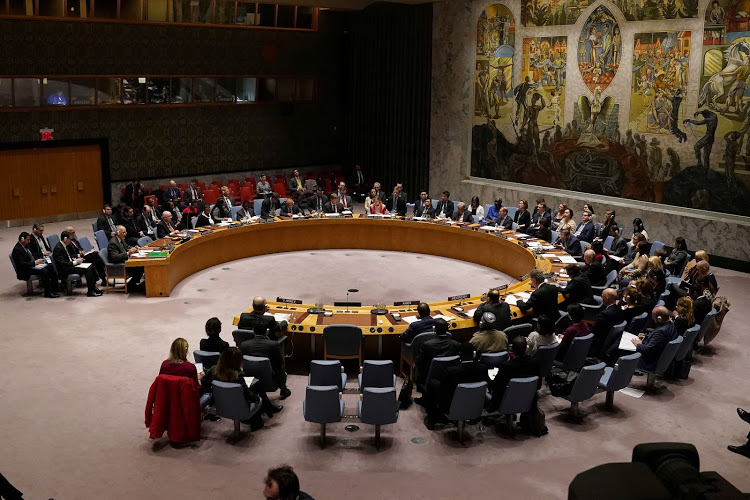
UNITED NATIONS, Aug 3 (NNN-AGENCIES) — Kenya led two other African countries in pushing for the lifting of an arms embargo against the Central African Republic at the United Nations Security Council.
Kenya, Gabon, and Ghana were joined by Russia abstained from the July 29 vote on the adoption of the resolution, reflecting the countries’ disaffection with the Council not fully lifting the embargo as demanded by the African Union and the regional economic communities.
The Ministry of Foreign Affairs Principal Secretary Amb. Macharia KAMAU said the position taken by the African countries came as a response to the significant political progress made by the CAR government and its “need to equal the military means deployed by armed groups that have resisted the peace process.”
“The resolution’s adoption came after a spirited negotiation in which Kenya and Gabon insisted that the African position be respected by the Security Council. This in light of Chapter 8 of the UN Charter which “provides the constitutional basis for the involvement of regional organisations in the maintenance of international peace and security,” the PS said in a statement released after the UNSC session
The African Union, the Economic Community of Central African States (ECCAS) and the International Conference on the Great Lakes Region (ICGLR) have argued that the embargo disadvantaged the government in its fight against the armed groups, which are illegally acquiring increasingly sophisticated weaponry.
In arguing against extending the sanctions measures, Macharia noted that Kenya also observed that armed groups had been acquiring superior arms through illicit trafficking networks, financed by illegal exploitation of the country’s natural resources.
He said this had greatly compromised the ability of government forces to impose law and order in the country.
Furthermore, Kenya called on the Council to take into consideration the views of the AU and its regional organisations, arguing that they had a better understanding and analysis of what was going on in the CAR.
“The resulting resolution lifted the arms embargo against the government with exception that the 2127 Sanctions Committee will be notified of the supply, sale or transfer of arms, plus technical assistance related to military activities. The arms embargo in its full strength was extended against the armed groups,” he said
“It was noticeable that the other elected members, who very often profess their support for the African position, in this instance chose to go against it. If at least a few embrace practical solidarity, rather than rhetorical stances, next year when the Council next considers the matter, there will be a full lifting of the arms embargo,” added the PS
The concessions to the African position were hailed by the CAR Minister of Foreign Affairs, Sylvie Baïpo Temon. She welcomed progress in reversing the limitation of access to weapons for Government forces and for equipment purchases that would further security sector reform.
Macharia said Kenya’s decision to insist that African files on the Council be considered from the region’s perspective, was strengthening Africa’s peace and security architecture.
“This is a continental capability that is key to resolving serious political and violent conflicts. Its success allows the African countries to sustain their hard-won sovereignty and political independence,” he said.
But even as Kenya argued for the lifting of the arms embargo, its Permanent Representative to the UN, Ambassador Martin Kimani, called on the Government of CAR and all parties in the country to redouble their efforts in implementing the Political Agreement for Peace and Reconciliation through the Luanda Roadmap. — NNN-AGENCIES






